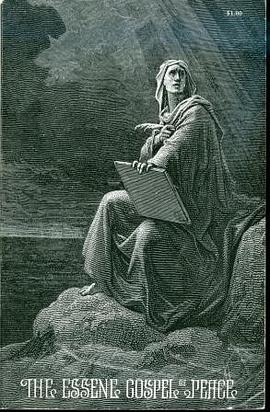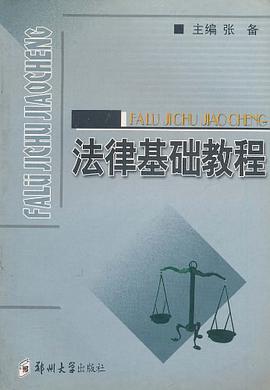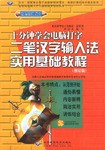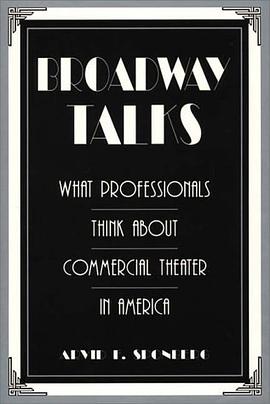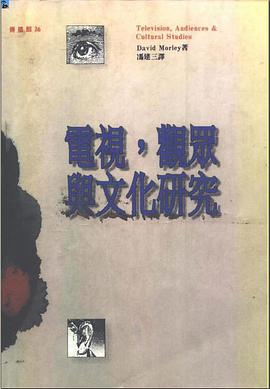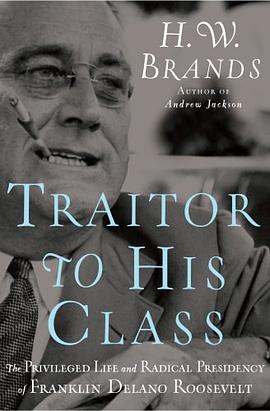
A sweeping, magisterial biography of the man generally considered the greatest president of the twentieth century, admired by Democrats and Republicans alike. Traitor to His Class sheds new light on FDR's formative years, his remarkable willingness to champion the concerns of the poor and disenfranchised, his combination of political genius, firm leadership, and matchless diplomacy in saving democracy in America during the Great Depression and the American cause of freedom in World War II.
Drawing on archival materials, public speeches, personal correspondence, and accounts by family and close associates, acclaimed bestselling historian and biographer H. W. Brands offers a compelling and intimate portrait of Roosevelt’s life and career.
Brands explores the powerful influence of FDR’s dominating mother and the often tense and always unusual partnership between FDR and his wife, Eleanor, and her indispensable contributions to his presidency. Most of all, the book traces in breathtaking detail FDR’s revolutionary efforts with his New Deal legislation to transform the American political economy in order to save it, his forceful—and cagey—leadership before and during World War II, and his lasting legacy in creating the foundations of the postwar international order.
Traitor to His Class brilliantly captures the qualities that have made FDR a beloved figure to millions of Americans. Exclusive Amazon.com Q&A with H.W. Brands and Jon Meacham On the eve of the historic 2008 presidential election, we were fortunate to chat with historians H.W. Brands and Jon Meacham (author of American Lion: Andrew Jackson in the White House ) on the similarities of their presidential subjects and how the legacies of FDR and Jackson continue to shape the political world we see today. Amazon.com: One of Andrew Jackson's childhood friends once remarked that when they wrestled, "I could throw him three times out of four, but he never stayed throwed." How emblematic is this of Jackson's career? Meacham: Utterly emblematic. Jackson was resilient, tough, and wily, rising from nothing to become the dominant political figure of the age. He was crushed by his loss in 1824, when, despite carrying the popular vote, he was defeated in the House of Representatives. But, tellingly, he began his campaign for 1828 almost immediately, on the way home to Tennessee. And he won the next time. Amazon.com: What would Jackson think of Franklin Delano Roosevelt? Meacham: I think they would have gotten along famously. It is difficult to imagine men from more starkly different backgrounds—to take just one example, Jackson lost his mother early, and FDR was long shaped by his mother—but they both viewed the presidency the same way: they both believed they should be in it, wielding power on behalf of the masses against entrenched interests. Amazon.com: How important was Jackson's legacy to FDR's Presidency? Brands: Jackson was FDR’s favorite president, and Jackson’s presidency was the one Roosevelt initially modeled his own after. FDR saw Jackson as the champion of the ordinary people of America; he saw himself the same way. He compared Jackson’s battle with the Bank of the United States to his own battle with entrenched economic interests. And just as Jackson had reveled in the enmity of the rich, so did Roosevelt. Amazon.com: Although both were regarded as champions of the people, their backgrounds were drastically different. FDR hailed from a wealthy and politically-connected family, while Jackson was an orphaned son of immigrants. How did each manage to endear themselves to the voters of their day? Meacham: Jackson was in many ways the first great popular candidate. He had “Hickory Clubs,” and there were torchlit parades and barbecues—lots and lots of barbecues. Jackson helped mastermind the means of campaigning that would become commonplace. He also intuitively understood the power of image, and kept a portrait painter, Ralph Earl, near to hand in the White House. Brands: FDR combined noblesse oblige with felt concern for the plight of the poor. His polio had something to do with this—it introduced him to personal suffering, and it also introduced him, in Georgia, where he went for rehabilitation, to poor farmers unlike any he had spent time with before. He came to know them and to feel the problems they faced. He took people in trouble seriously and communicated that seriousness to them. Continue reading this Q&A
具體描述
讀後感
評分
評分
評分
評分
用戶評價
相關圖書
本站所有內容均為互聯網搜索引擎提供的公開搜索信息,本站不存儲任何數據與內容,任何內容與數據均與本站無關,如有需要請聯繫相關搜索引擎包括但不限於百度,google,bing,sogou 等
© 2025 qciss.net All Rights Reserved. 小哈圖書下載中心 版权所有


